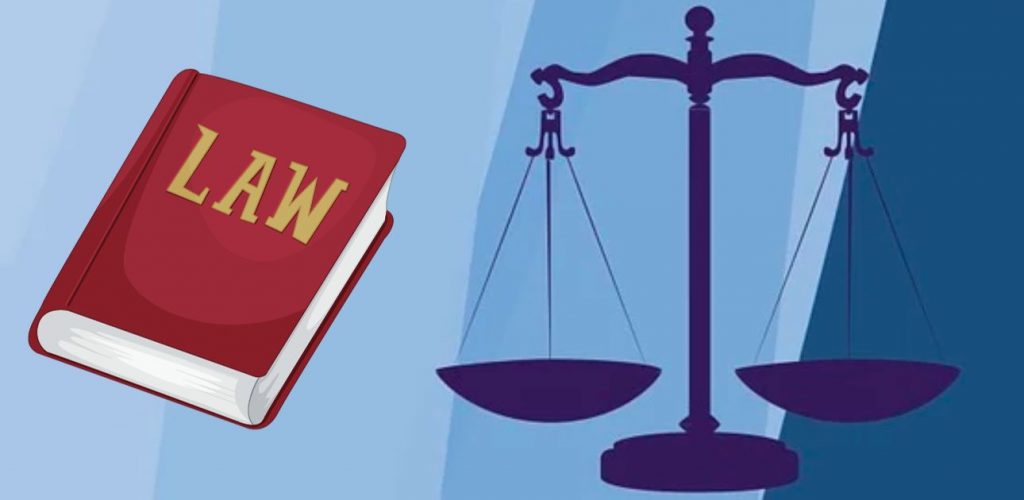
Commercial law plays a crucial role in the success of any business. It encompasses a wide range of legal principles that govern various aspects of businesses, from contracts and intellectual property to dispute resolution. Understanding the basics of commercial law is essential for every business owner to ensure compliance and protect their interests.…










